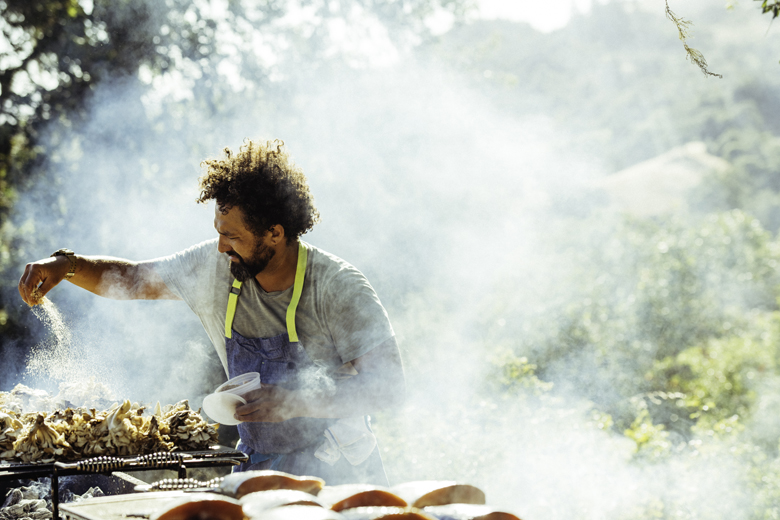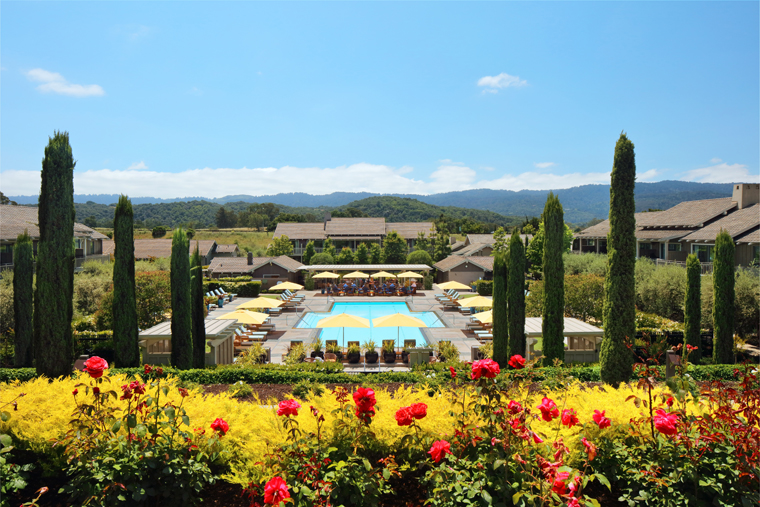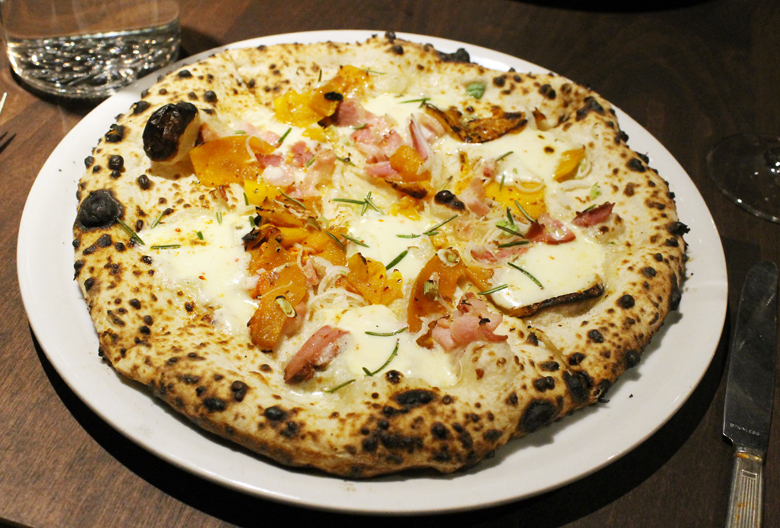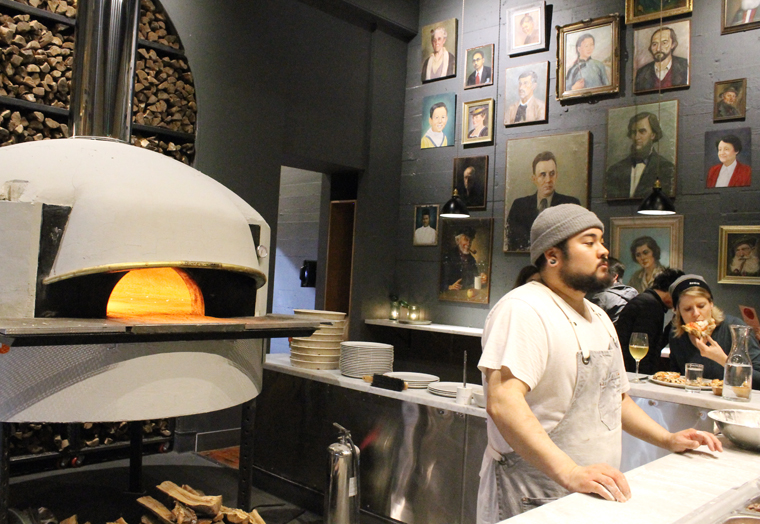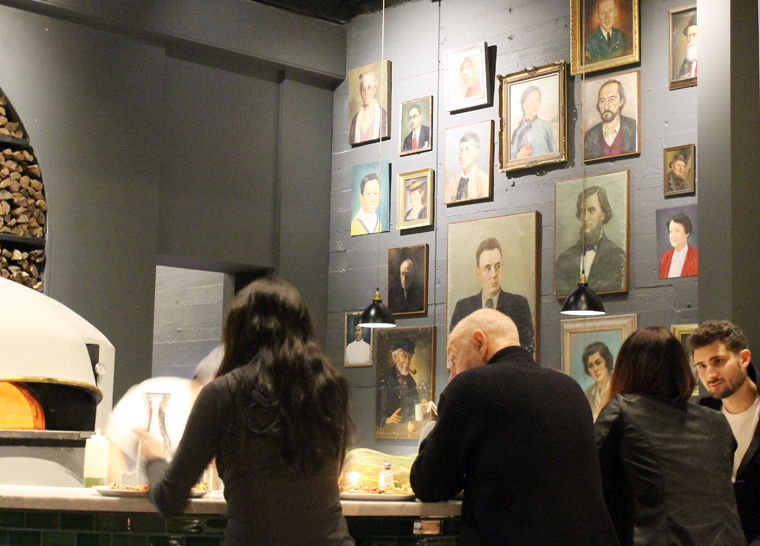Take Five with Howard Bulka, A Chef Possessed By Pizza
 
After six years of meticulously crafting sophisticated dishes at Marche in Menlo Park, Chef Howard Bulka turned his back on that last year.
He walked away — for the lure of pizza.
Bulka, 50, is still a partner in Marche. But his passion, energy, and creativity aren’t focused on high-end dining anymore. After years of working at white-table-cloth restaurants, Bulka has refocused his sights on down-home eating. It’s all about pies, Pecorino, peppers, and pancetta now.
Howie’s Artisan Pizzeria, presently under construction, is expected to open in the Palo Alto Town & Country Village this summer. For those keeping track, it’ll be in good company next to Sur La Table and two doors down from Kara’s Cupcakes.
Bulka, who lives in Redwood City with his wife and their 7-year-old son, proudly showed off the site to me, with its beamed ceiling, and tiered, 50-seat dining room. He pointed to where the gas oven will be installed to cook the pizzas that will be topped with his own housemade sausage and mozzarella, as well as Fra Mani artisan salumi, and Florida Gulf shrimp. And don’t forget the Straus soft-serve ice cream that will be swirled inside home-made waffle cones.
We talked about why this former executive chef of Silks in the Mandarin Oriental Hotel in San Francisco, who had cooking stints at La Toque in the Napa Valley, Square One in San Francisco, and Chez Panisse in Berkeley, got so seduced by flour and water.
Q: This is too funny, but you and I share something in common. We both received economics degrees from San Francisco State University. Of course, I never ended up using mine, opting to use my journalism degree instead.
A: Here’s something even funnier. I started as a journalism major in college. I wrote for the high school newspaper. But in college, I lasted all of three days doing it. I really can’t write. It’s a horrible chore.
In high school, you might get two weeks to write a story. In college, they sit you down at a typewriter and tell you that you have 15 minutes to write something. It was never going to happen.
I went from that to something really practical. (laughs) That was another huge mistake. Economics is not practical.
Q: So in this day and age, with our generation experiencing the likes of an economy we’ve never witnessed first-hand before, you don’t ever regret you didn’t become an economist?
A: Sometimes I regret I wasn’t a venture capitalist. (laughs)
In my senior year in college, I just knew I wanted to be a chef.
Q: You’re not antsy about opening a restaurant in this sickly economy?
A: I’m not scared. Because of the location, and the type of restaurant I’m doing, I think the economy will actually work in my favor. If people are indeed trading down, I think I’d be a good trade-down option.
Q: So we have David Chang in New York going from working at Cafe Boulud to doing modern Korean street food at his mini Momofuku empire. We have Dennis Leary in San Francisco leaving the elegant Rubicon to open his own little diner, Canteen, and an even teenier sandwich shop, the Sentinel. Now, you. Why are so many fine-dining chefs turning to super-casual instead?
A: Part of it is the economy. Clearly, you’d be foolish to open a fine-dining restaurant now or next year, as these things tend to run in 10-year cycles.
It’s also changing tastes. Someone once said to me that the more sophisticated one becomes, the simpler your tastes become. The older I get, the more enamored I am of finding that great bowl of noodles or that great pizza, not some great foam.

